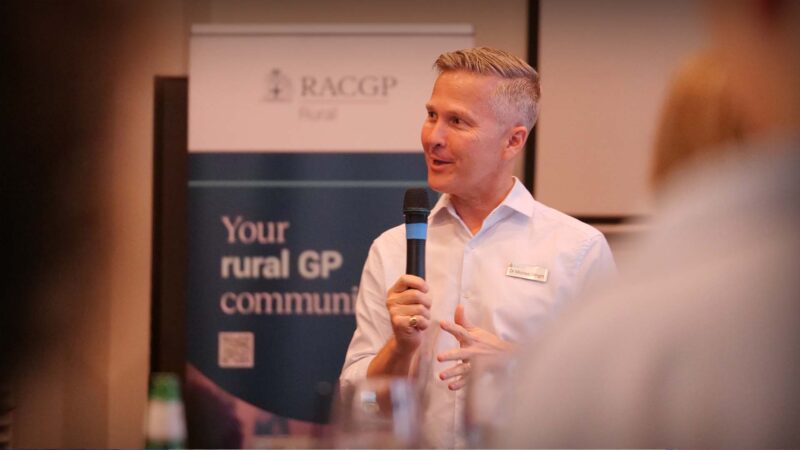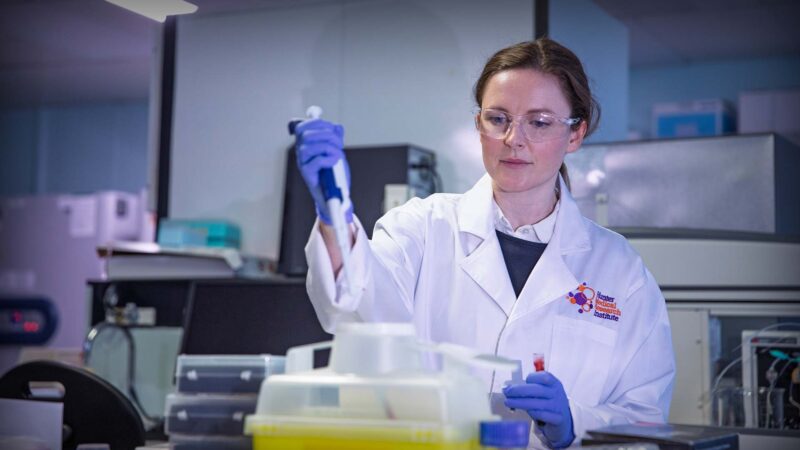INTERVENTIONS FOR IMPROVING OUTCOMES OF CHILDREN WHO ARE DEAF OR HARD OF HEARING
Professor Teresa Y C Ching
Professorial Fellow, NextSense Institute, Sydney;
Conjoint Professor, Macquarie University, Sydney;
Honorary Professor, University of Queensland, Brisbane, Australia
RESEARCHER PROFILE
Filmed in Sydney | June 2025
About two to six per thousand children have a hearing loss that prevents them from achieving their full potential in life. They experience many more difficulties in cognitive, language and social development than their hearing peers. We know that early detection through newborn hearing screening is crucial, but less is known about how intervention can best be targeted to meet the needs of individual children and their families.
Professor Teresa Ching has led population-based studies that drive evidence-based practice in intervention for improving outcomes of children who are deaf or hard of hearing. Much of her research findings have been translated into practice and policy. However, many children from culturally and linguistically diverse backgrounds remain vulnerable, requiring intervention tailored to their needs. Furthermore, many children have undetected, untreated hearing problems when they enter school, thereby reducing their educational attainment and social participation.
Teresa is a Conjoint Professor at NextSense Institute and Macquarie University, and an Honorary Professor at the University of Queensland in Australia. Her current research focuses on devising culturally sensitive practices in early detection and intervention to maximise children’s outcomes. Working with international colleagues, her current research is also directed towards developing global guidelines and recommendations for hearing screening beyond the newborn period, so that all children can benefit from early detection and intervention. The ultimate goal is to attain equity of care and outcomes for all children with hearing difficulties.
Source: Supplied
You Might also like
-
New models of care and value in General Practice
Dr Michael Wright is a GP, health economist and health services researcher. Dr Wright currently works as a portfolio GP, combining clinical practice with strategic appointments (most recently with RACGP, Central and Eastern Sydney Primary Health Network, Avant Mutual the Australian Institute of Health and Welfare) and academic research analysing the effects of current health policy on the quality and performance of primary care.
-
Professor Kim Hemsley
RESEARCH IN SANFILIPPO SYNDROME, A EURODEGENERATIVE LYSOSOMAL STORAGE DISORDER THAT CAUSES CHILDHOOD DEMENTIA.
@ FLINDERS UNIVERSITY, SOUTH AUSTRALIA -
Biomarkers for early sepsis detection
Dr Gabrielle Briggs is a biomedical scientist dedicated to finding smarter, faster ways to diagnose and treat life threatening complications in critically ill patients. Dr Briggs established a research laboratory embedded within the John Hunter Hospital – one of the busiest major trauma centres in NSW. Dr Briggs works alongside surgeons, intensivists, and pathologists to turn complex clinical problems into practical research solutions. Her work spans two major programs: developing a rapid diagnostic test to detect bacterial infections in blood before sepsis takes hold, and exploring mitochondrial transplantation as a novel therapy to rescue injured tissues after trauma and ischaemia.



